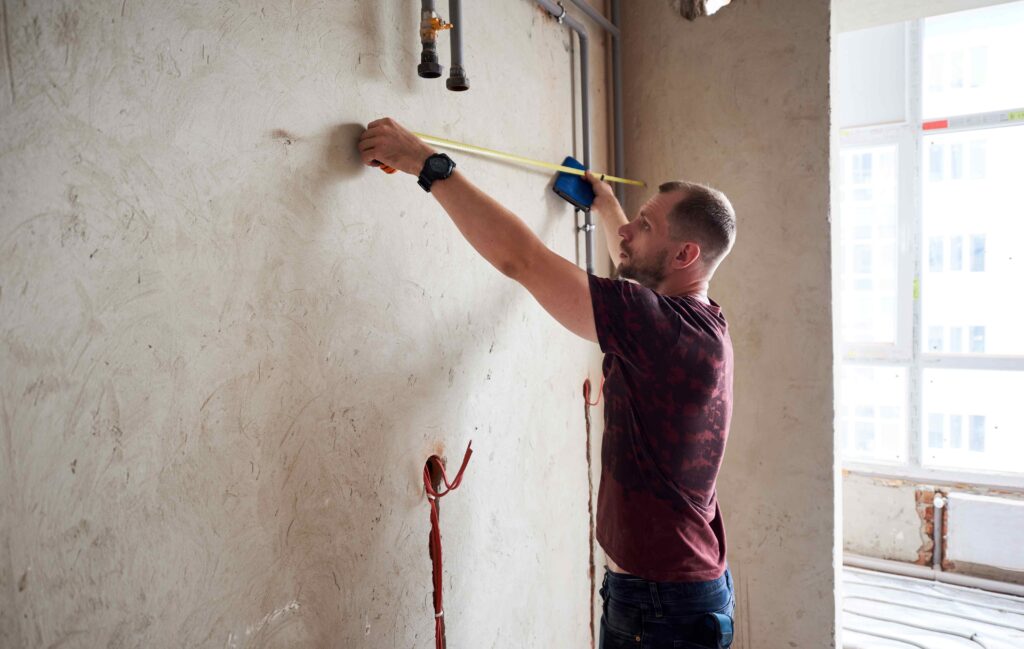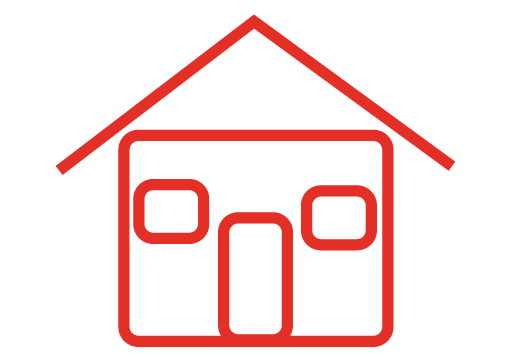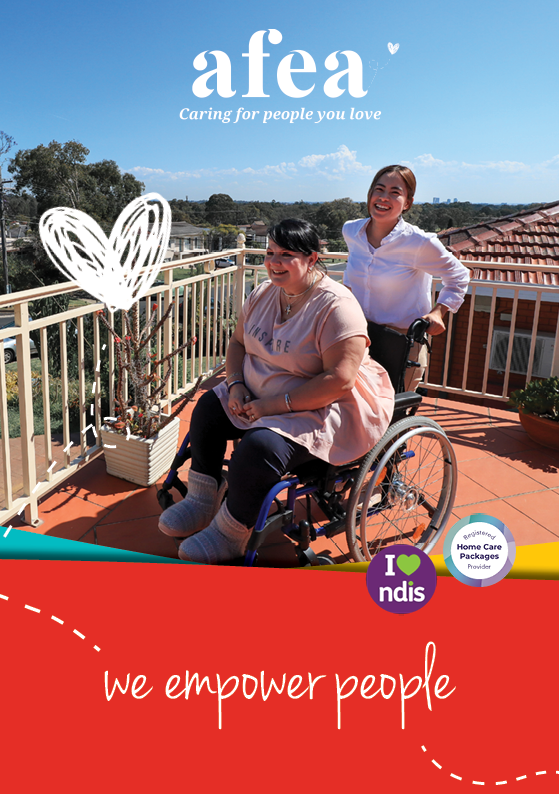Home modifications are minor or complex changes to your home to make it easier for you to move around.
As our needs change, our home may also need to be changed to suit our needs. If you are living with a disability, changes to your home can ensure that you can continue to live safely at home. Home modifications can also make it easier for you to carry out daily tasks.
The NDIS can provide support for home modifications to help you live independently for as long as possible.
Minor vs complex home modifications
If your disability limits your movement, then you may have a hard time accessing certain rooms (if they are located upstairs, for example), or the doorways in your home may not be wide enough to fit your wheelchair.
In the above example, widening a doorway is a minor change. A modification is considered minor if it doesn’t change the structural parts of the home and costs less than $20,000.
- Category A minor home modifications cost under $10,000.
- Category B minor home modifications cost between $10,000 and $20,000, or they involve minor modifications to a bathroom floor.
However, you may have more complex home modification needs, which are higher risk, structural changes. For example, you may require a builder to remove a wall between the toilet and the shower so you can have more space in the bathroom.
Complex home modifications usually need building approvals or permissions, and certification of work such as plumbing and electrical works.

You may even need to move out of your home for a few weeks while these changes are being made. (This can also be funded by the NDIS if you are eligible; see our post Medium Term Accommodation.)
Is it home modification or home adaptation?
It’s also possible that all you need is a hand-held shower or a basic shower chair, which you can easily buy from a retailer and install yourself or with the help of a handyperson.
Equipment such as this are usually low cost assistive technology (AT) and considered home adaptations. Low cost assistive technology are items that cost under $1,500 per item. They are easy to set up and use and are available from local suppliers or general retailers.
Funding for low cost AT sits in your Core – Consumables budget.
If you have enough funds in your Core budget, you can begin to think about what you can buy to make your home more suited to your needs. Make sure to speak with your Support Coordinator or LAC first for advice.
How can I get funding for home modifications?
Speak with your NDIS contact during your planning process, during your check-in conversation or at your plan reassessment to discuss your home modification needs.
Evidence to provide
For Minor Home Modifications
- Category A minor home modifications: Assessment from an occupational therapist
- Category B minor home modifications: Assessment from a home modification assessor, who is an OT qualified to recommend more detailed home modification supports
- Quotes (not required but may be requested; required if you live in a remote area)
You will be provided some initial funding for 2 to 10 hours in your Capacity Building budget for your assessment.
For Complex Home Modifications
- Assessment from a home modification assessor
- 2 itemised quotes
For Both
- Evidence showing the modifications meet all the NDIS funding criteria
- Written approval from the homeowner, landlord or relevant bodies (e.g. mortgage provider, body corporate etc)
If your home modification meets the NDIS funding criteria, they’ll include funding in your Capital – Home Modifications budget.
This funding is not flexible! This means you can only use it for the home modification supports described in your plan.
Visit this page to find more information about the building professionals who may be involved in making changes to your home, and their roles and responsibilities.
What the NDIS will NOT fund
Generally, you cannot use your NDIS funds to pay for the following:
- Cosmetic finishes for fixtures, fittings, or materials, like tiles or tapware
- Swimming pools and spas, including hydrotherapy
- Modifications that make your house bigger, like adding another room or storey
- Repairs to pre-existing damage to your home outside the immediate area where you need home modifications
- Insurance premiums to insure your home after it has been modified
- Standard living costs or routine repairs and maintenance that landlords or homeowners are usually responsible for
- Fixing home modifications that don’t comply with the National Construction Code or relevant Australian standards
Can I be funded for home modifications if I’m just renting?
Yes, however the NDIA will need to know how long you plan to stay in your home to make sure the modification is likely to be value for money.
For example, the modification is likely to be value for money if you plan to remain in your current home or have a lease for at least 12 months (minor) or for at least 3 years (complex).
Of course, you will also need to provide written approval from the landlord.

Home modification is only one of several different types of home and living support under the NDIS. You may want to have a look at our previous posts to learn more:
- Supported Independent Living
- Specialist Disability Accommodation
- Medium Term Accommodation
- Short Term Accommodation, including respite
For more information, please visit: Home modifications explained | NDIS
Learn more about Home Modifications with the help of Afea
Afea’s Plan Management and Support Coordination teams are experts in navigating the NDIS. Reach out to us for a chat by calling 1300 65 11 33 or by filling out our form.
We also partner with Specialist Disability Accommodation providers to provide fully accessible homes to NDIS participants. View our properties.















